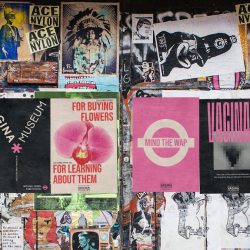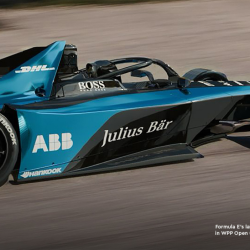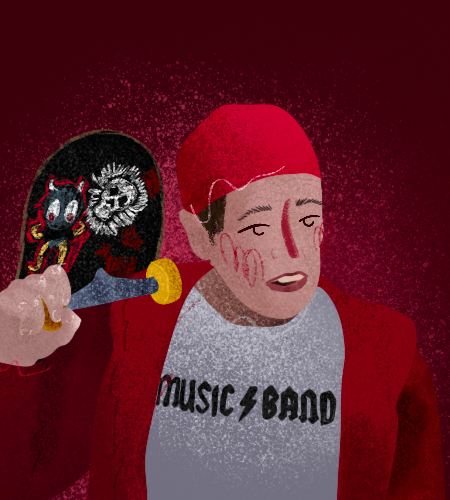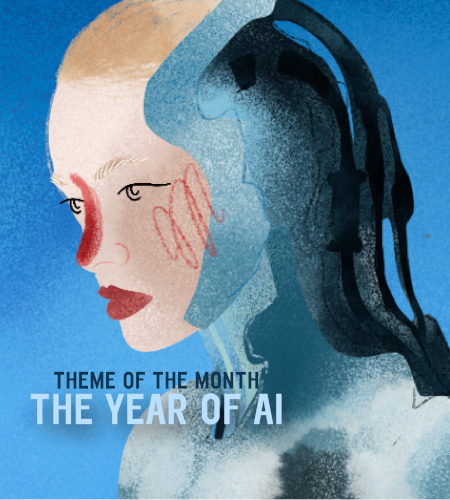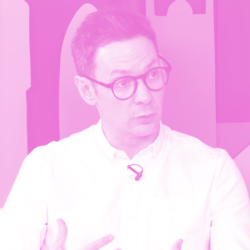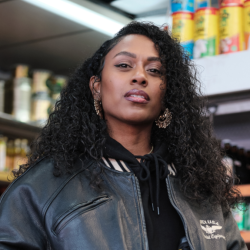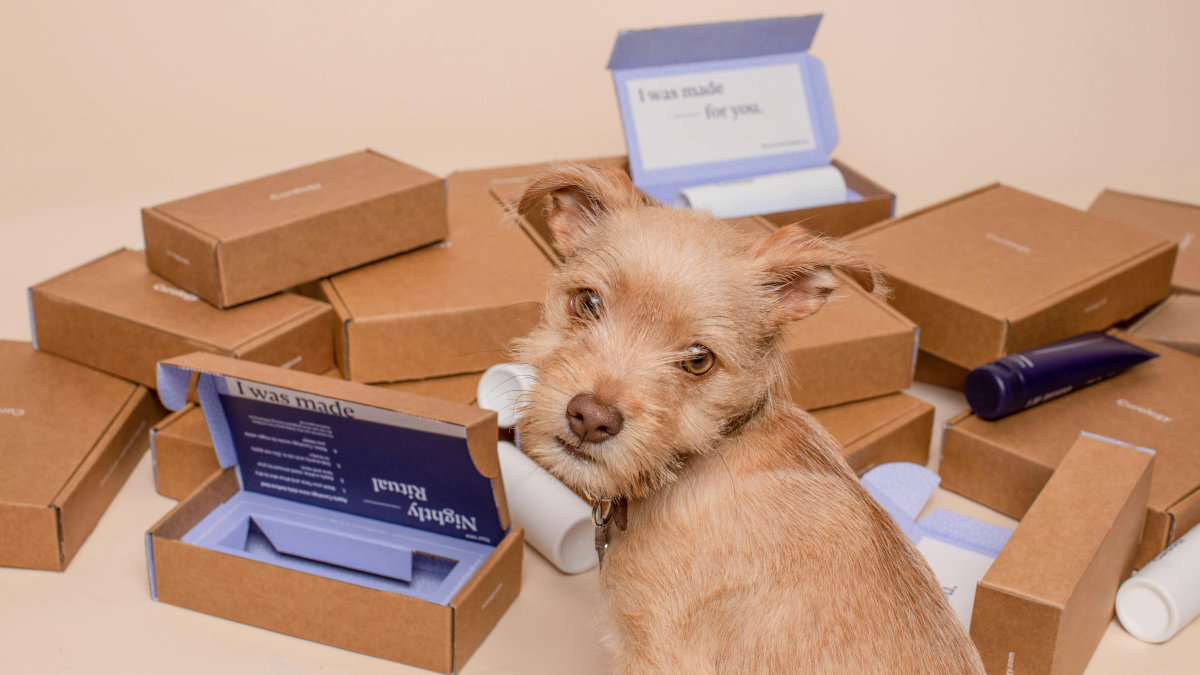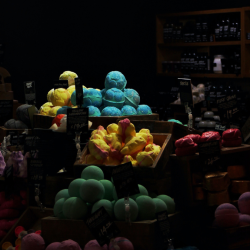As brands are establishing themselves and building their presence in a market, they must often wrestle with a powerful conflict of interest.
While ethics and good governance are simply expected of businesses nowadays — with consumers only too keen to research the behaviour of businesses and share stories of poor practices — there remains a huge pressure to hit growth targets. But can we consider a business to be successful if it has grown fast but its brand has been damaged?
We have seen promising new brands come to the fore, only for their star to wane a few years later because poor management, oversight or integrity have negatively impacted their founding values.
Once startups get to a certain stature, whether it is a £1bn valuation, funding from celebrity investors, or becoming a media darling, scrutiny follows and that’s when cracks between their outward promise and their business realities can begin to show.
This is most potently true of internet-age startups promising a better future — more empowerment, more transparency, and more democracy. If businesses publicly make such promises, people will hold them to higher standards. The arc of this narrative can be traced back to Google, which in its early days had “do no evil” as part of its manifesto, and which was removed from its code of conduct in 2018 as the company’s business practices came to the forefront of public consciousness.
Startups often pride themselves on building the plane as they are flying
Famously Facebook’s “move fast and break things” slogan was taken from the engineering perspective that mistakes happen when innovating, but it also suggested a callous perspective towards checks and balances, and less regard towards thoughtful, intentional growth. Facebook changed its motto to “move fast with stable infrastructure” in 2014. The high risk, high reward mentality towards launching and fundraising bleeds into how these companies operate, often to their own detriment.
This could be seen with brands such as Uber, Away, Thinx and Everlane which have all been exposed publicly for their toxic workplace cultures. Recently in the UK BrewDog brewery and pub chain has gone through a similar crisis, with former employees exposing its culture of fear in the workplace.
These are companies that promised to ‘stand for better’, improve work life balance and often championed women’s rights, yet that was not reflected in how they realistically treated their employees. This hypocrisy is usually a subject of scrutiny from the same media publications that had praised their progressive values.
Another common problem with brand ethics is related to their product integrity. For example, take Detroit-based lifestyle brand Shinola, which despite one of its founding core purposes being to support Detroit with its tagline “Built in Detroit” — it got in trouble with the Federal Trade Commission and was forced to clarify the statement because it was often a case that the products were assembled in its factory there, rather than actually manufactured there.
And then there are the more complex problems that come with new innovations
Problems like moderation vs. censorship (like in the case of Meta) or using behavioral economics to gamify apps which get us ‘hooked’ — something that’s particularly problematic, especially when it comes to financial products like Robinhood, where gamifying investing can be high risk for novice investors.
We are seeing the inklings of more conscious building of companies as Web3 takes hold, as more women and diverse founders become part of the conversations of the startup world. But there will be new issues the next generation of technology companies will need to face — the environmental impact of Web3, fair ownership and governance of decentralized organizations or platforms, and of course accounting for ethics in AI systems. This provides an opportunity for brands to learn from their predecessors and show their leadership.
While the Big Four have their own design ethicists and oversight boards to repair the damage done, the next generation of brands can build these checks and balances into their companies from their inception — to ensure ethics, governance and growth can be in conversation from the beginning.
Featured image: Jon Flobrant / Unsplash

